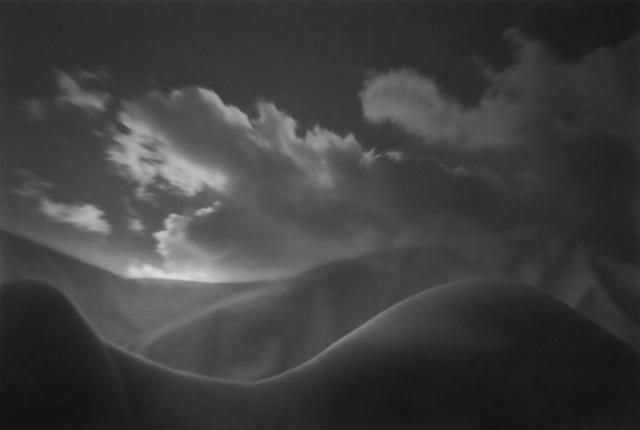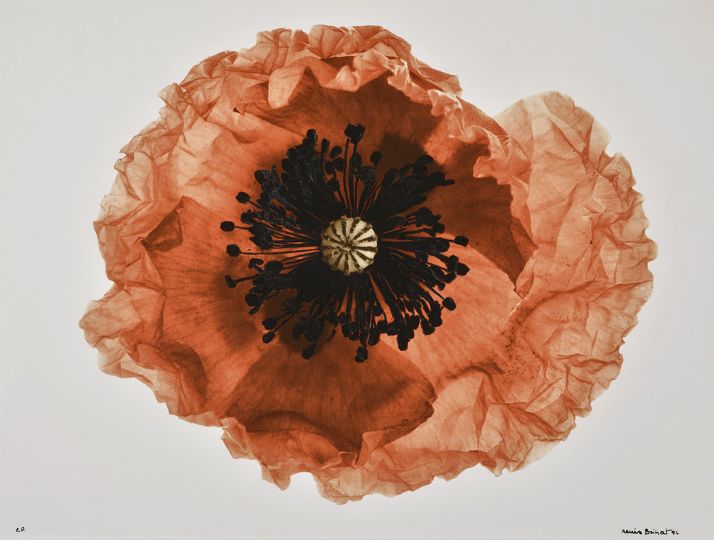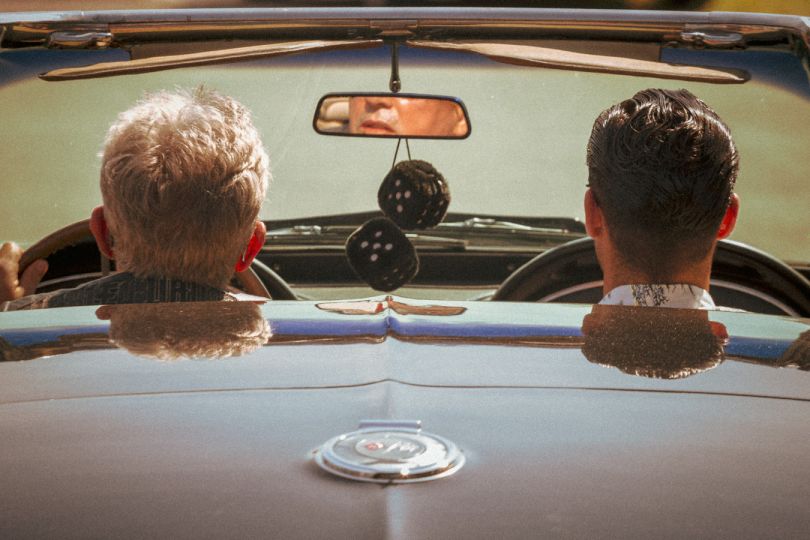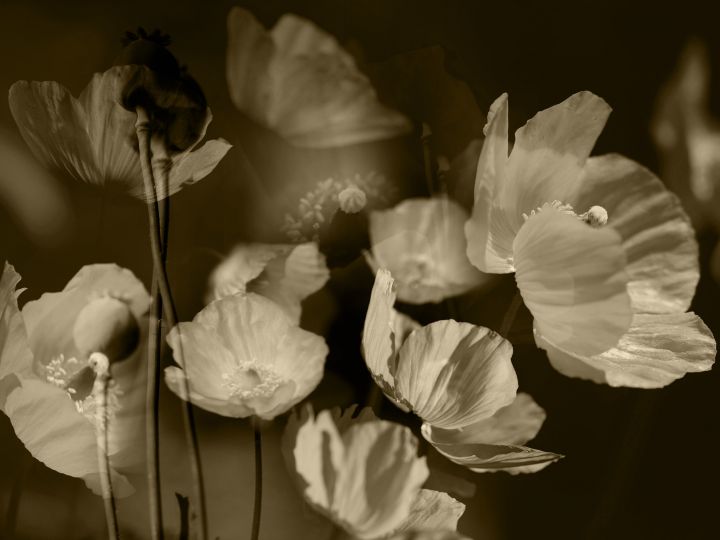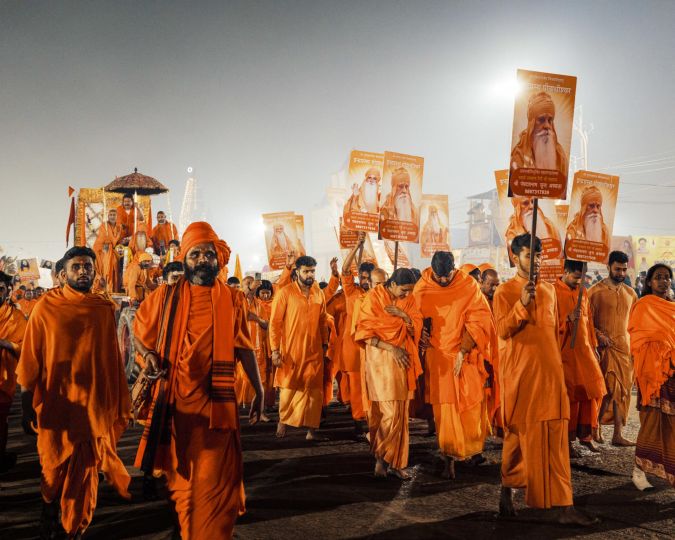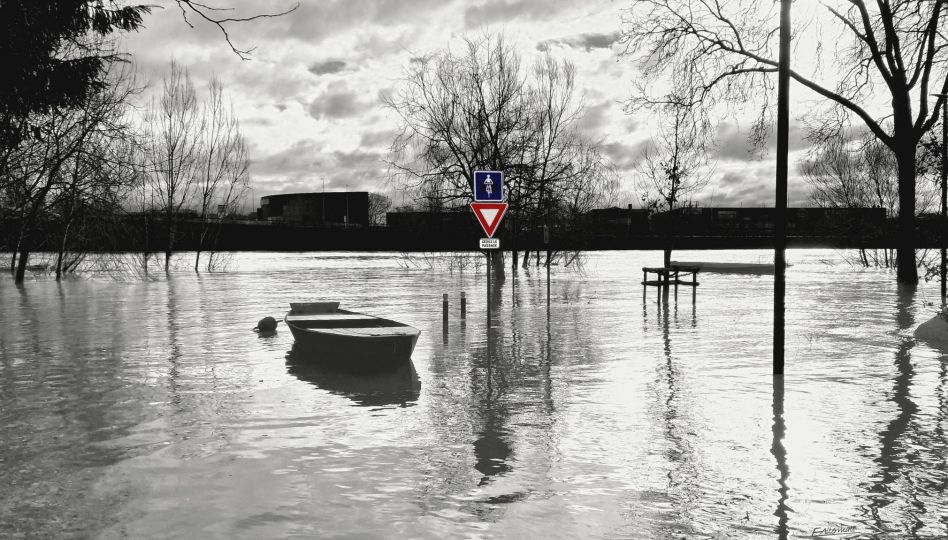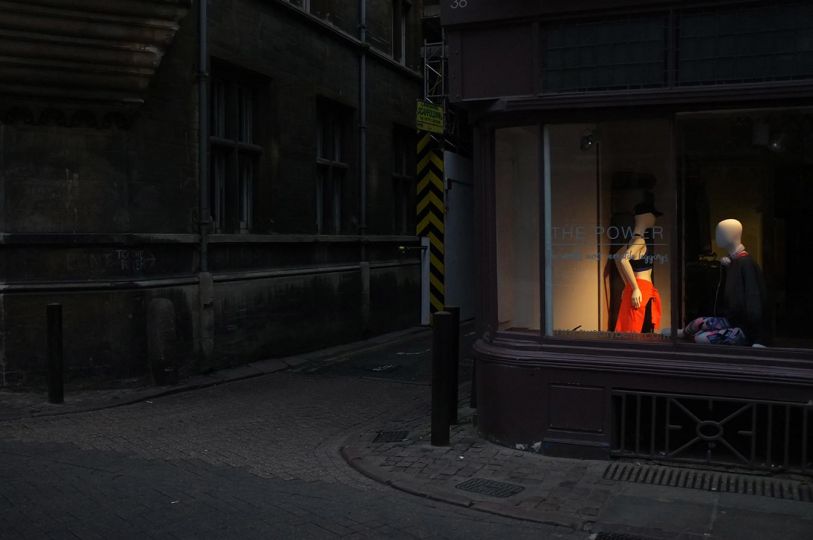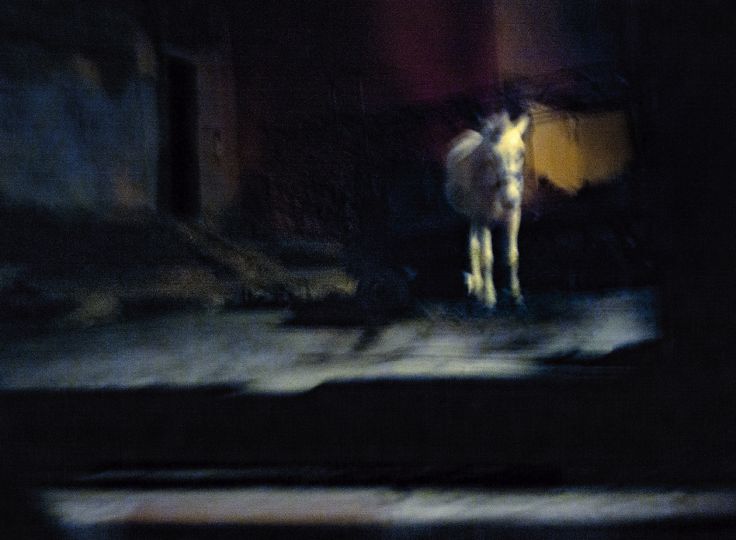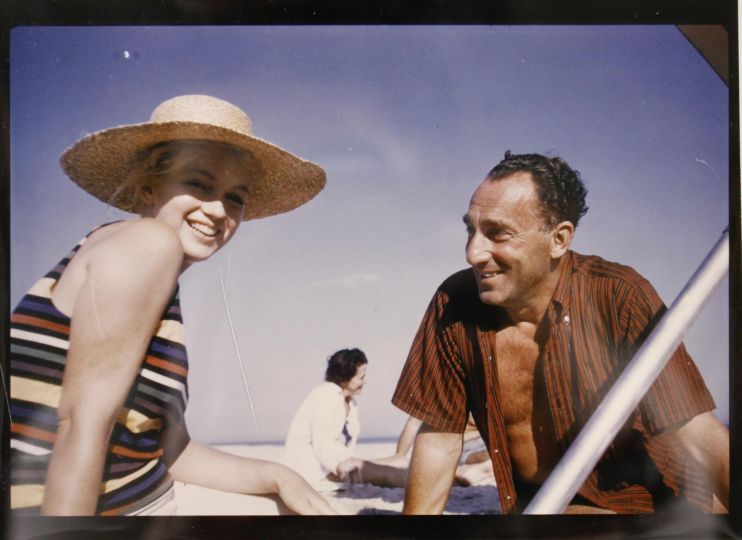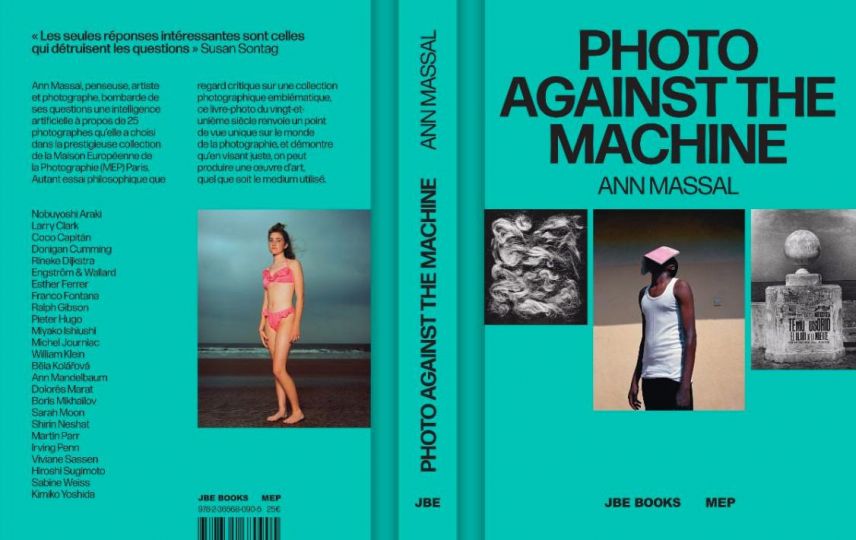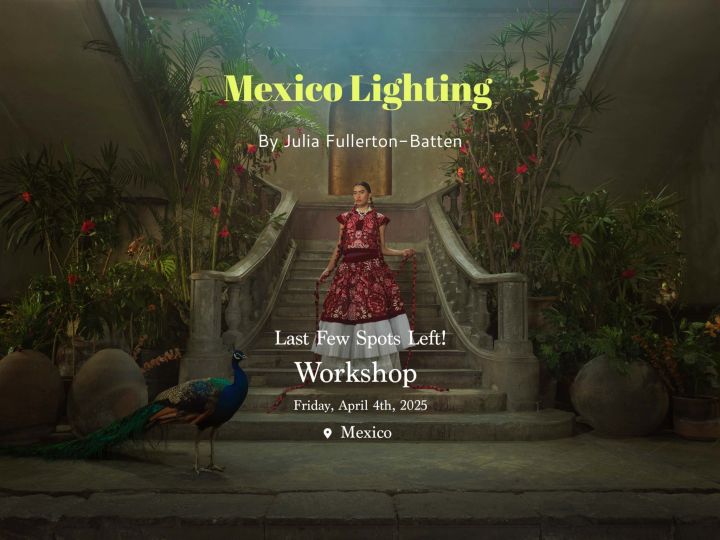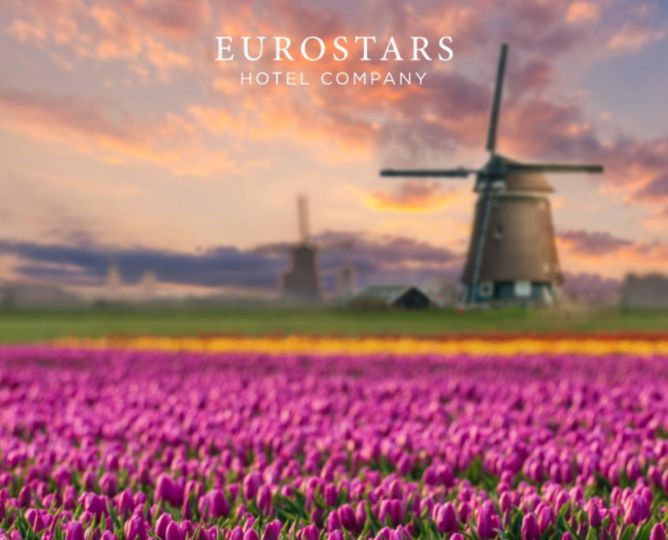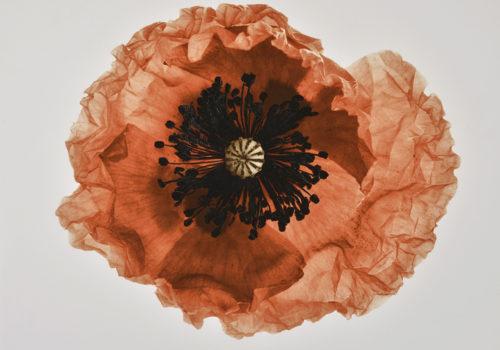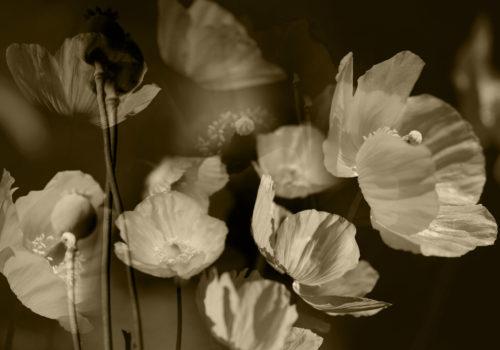Kate Vass Galerie, Zürich is pleased to present a solo show by Dickson Yewn.
Yewn is a Hong Kong born artist educated in Paris, Ottawa and New York. His conceptual fine jewellery collections draw inspiration from Eastern philosophy, mysticism and Chinese culture. Dickson has been featured in 7 solo exhibitions and numerous group exhibitions worldwide and his art works are collected by the Heritage Museum of Hong Kong and the City of Montpellier in France.
Perhaps, campaigning to challenge boundaries is meant to be the sacred mission and faith that an artist casts talent and rages dreams soar upon. For Dickson Yewn such an epiphany derived from his early memories from which he grew a precocious yet visceral sensitivity, unfolded as the first endeavor for exploring his own touches in the realm of fine arts. In his very first production Photographs of Betrayal (1997), Yewn attempted to build up a set of photogenic rhetoric which narrates an unrest contemplation rendered by a young yet dangerous mind contending spiritual ambivalence, turbulence of puberty, and philosophical complexities all metaphorically fluent as a Hamlet style monologue. Despite its freshness and young momentum, protagonistic pieces of Photographs of Betrayal have been ranked among the collections in Hong Kong Heritage Museum.
Like most of early Chinese migrants, Dickson Yewn’s parents emigrated to Hong Kong seeking a better life in the 60s. Yewn spent his childhood on roaming through the lights and shadows drenched in diasporic ambiance, in the mood of bohemian Chungking Mansions, a cosmopolitan melting pot overwhelmed with polyglot hordes, where his artistic fantasy wrought and delights of youth relished. Yewn stepped on the journey in meditating his own cultural identity thoroughly after he became fascinated in Taoism; the ancient Chinese wisdom from which Yewn finally reached his self-searching destination and found bedrock of enlightenment. While discontented for his own culture has been insincerely expressed by chinosiere chic, Yewn has began deploying his perceptions and insights stemmed from Taoism in his artistic conception, in the hope to realize a more vivid and lively impressionism of ‘contemporary Chinese art’.
No Man’s Land (1999); the second photographic dedication which marks a significant transition of Dickson Yewn’s artist career, a conceptual photography where he tentatively created a series of “Chinese ink paintings” animated by dark room techniques. For Yewn, No Man’s Land has been a personal, psychical testimony through which he questioned his relationship with nature, life and beyond. While submitting himself to the upsurging fertility and wild, untamed pulse of the mother nature, he applied series of ethereal imagery to depict vital forces of Ch’i, a cosmic energy of eternal whirling which gives birth and draws the end to all life. Thus, in monotonous yet gradient hues the stream of consciousness floats in light of an otherworldly mise-en-scène, in which both metaphors and symbols are amply discernible, denote the solemn essence in resemblance at the form of Tai-chi (太極) that frictions emerge from harmony whilst fusions coincide with paradox. Gender discourse is also employed in Dickson Yewn’s artistic conceptualization, for No Man’s Land can be implicitly conceived as a ‘land of no men’, a domain of femininity, a promised land which remains to be pure, untouched but critical to tacitly defy patriarchal representations by postulating his artistic stance aligning with social-cultural context. As the photogenic works of No Man’s Land earned its international recognition among those collectable at the Regional Council, Montpellier, Yewn began to improvise more of his learning from I Ching (易經) along with fine jewellery arts into the embrace of No Man’s Land, where the profound metaphysics and hexagram are staged as tropes and classical subtlety jointly with modern sensations, from there No Man’s Land has been ingeniously elaborated as a thematic pivot to include variety of series, namely Mini Wearable Sculptures, Installation Art of Chinese Chess, Mahjong Game, and Dream and Reality.
Within the framework of No Man’s Land, ‘Dream and Reality‘ reflects Dickson Yewn’s world perspectives more as they convey not merely purpose of arts but ethical connotation. From there ‘No Man’s Land‘ has also transfigured to a promised land for harbouring phenomenons and entities that ‘no one cares’ and ‘on one sees’, as to justify and redress for the marginalized, oppressed, and deprived. Butterflies are beautiful but fragile and short-living, their life span is enriched so dramatically with striving from this phase to another. Despite prevalent fond regards, contemporary jewellery design of butterflies is often rigid and unnatural in the choice of colours and materials, many time overly decorated with expensive stones which change the original appearance of butterflies in the most unforgiving manner, making no reference to the species that they are supposed to represent. Hence Yewn’s Dream and Reality series of artworks are meant to unravel an overly constructed yet twisted reality, just as people often take the wrongful misinterpretation of butterflies for granted. Each and every piece of this butterfly inspired collection is named after the original species, devoting the utmost attention to mimic the true nature of the species regardless the commercial values of the precious or non-precious materials being used, thus finished by exquisite fine jewelery craftsmanship and wood inlay techniques.
Read more at https://www.katevassgalerie.com/
Information
Kate Vass Galerie
Feldeggstrasse 88, 8008 Zürich, Switzerland
April 25, 2018 to June 10, 2018

